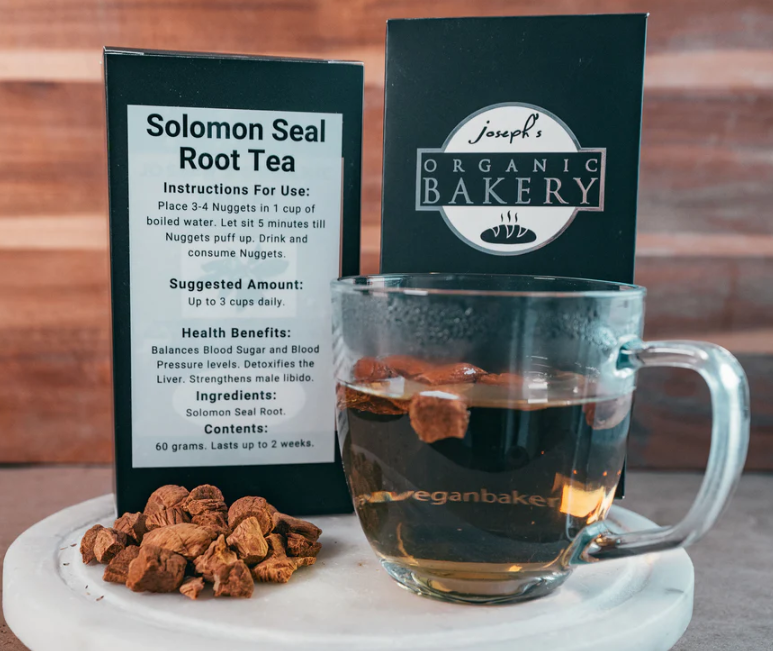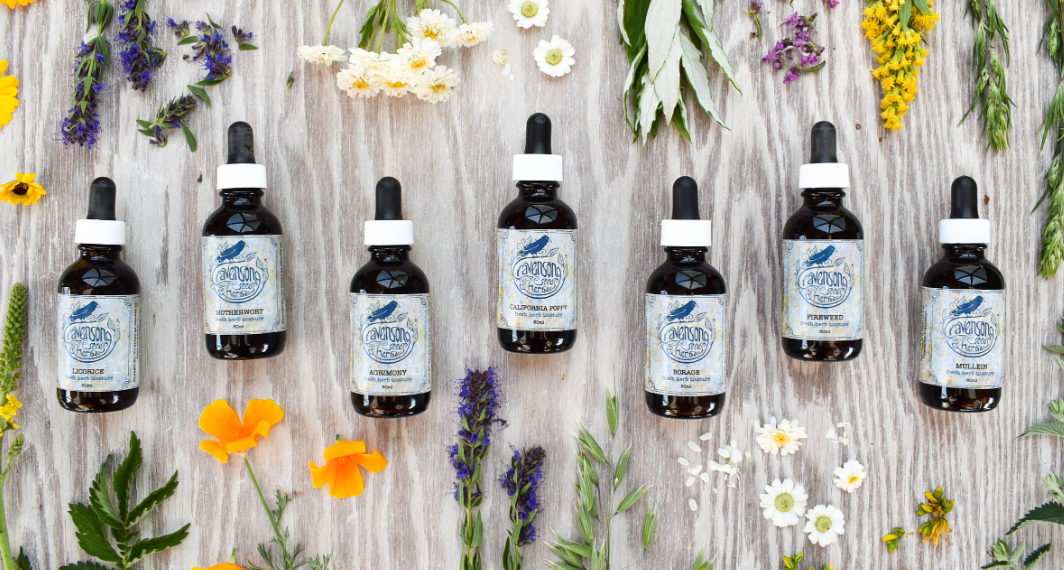For centuries, whispers of a mystical herb shrouded in legend have captivated herbalists and wellness enthusiasts alike. This enigmatic plant, known as Solomon’s seal, boasts a rich history steeped in folklore and a unique flavor profile that tantalizes the taste buds.
But beyond its alluring mystique lies a treasure trove of potential health benefits, waiting to be unlocked through the simple act of brewing a cup of Solomon’s seal tea.
Unveiling the Origins of a Legendary Herb
Solomon’s seal, aptly named for its distinctive, seal-like scars on its rhizomes (underground stems), thrives in the cool, damp woodlands of Eurasia and North America. Its elegant arching stems adorned with delicate bell-shaped flowers have inspired myths and legends across cultures. Native American traditions linked the plant to longevity and spiritual wisdom, while European folklore ascribed its healing powers to King Solomon himself.
Today, Solomon’s seal primarily finds its place in Traditional Chinese Medicine (TCM) and Korean herbalism. In TCM, it’s known as “Yuzhu” and revered for its purported ability to nourish yin energy, harmonize qi (vital energy), and promote overall well-being.
A Symphony of Flavors and Potential Benefits
Brewing a cup of Solomon’s Seal tea unveils a symphony of subtle flavors. Expect a smooth, earthy base with hints of sweetness and a touch of nuttiness. This delicate dance on the palate is thanks to the plant’s natural composition, rich in saponins, mucilage, and phenolic compounds.

Beyond its delightful taste, Solomon’s Seal tea comes brimming with potential health benefits:
- Joint Health: Traditionally used to soothe joint pain and inflammation, Solomon’s seal’s anti-inflammatory properties may offer relief for those suffering from arthritis and other musculoskeletal conditions.
- Digestive Support: The mucilage content in the plant is believed to soothe the digestive tract, potentially alleviating symptoms like constipation and diarrhea.
- Stress Relief: Solomon’s seal’s adaptogenic properties may help the body manage stress and anxiety, promoting feelings of calm and relaxation.
- Skin Health: Some studies suggest that Solomon’s seal’s anti-inflammatory and antioxidant properties may benefit skin health, potentially reducing redness and irritation.
Brewing the Perfect Cup of Solomon’s Seal Tea
Transforming the dried rhizomes of Solomon’s seal into a soothing cup of tea is an art form in itself. Here’s how to master the craft:
Ingredients:
- 1 teaspoon dried Solomon’s seal root
- 1 cup boiling water
- Honey or sweetener to taste (optional)
Instructions:
- Place the dried Solomon’s seal root in a teapot or infuser.
- Pour boiling water over the root and let it steep for 10-15 minutes.
- Strain the tea into a cup and enjoy!
- Add honey or your preferred sweetener for a touch of sweetness (optional).
Tips for Optimal Brewing:
- Use filtered or spring water for the best taste.
- Adjust the steeping time depending on your desired intensity. Longer steeping times will result in a stronger brew.
- Experiment with different herbs and spices like ginger, mint, or rosebuds to create your unique blend.
A Note of Caution
While Solomon’s seal tea is generally considered safe for most people, it’s important to remember that it’s a powerful herb. Pregnant and breastfeeding women, individuals with certain medical conditions, and those taking medications should consult a healthcare professional before consuming Solomon’s Seal tea.
Exploring Other Forms of Solomon’s Seal
The benefits of Solomon’s seal extend beyond the teacup. The dried rhizomes can be used in tinctures and capsules, while topical preparations using the herb may offer relief for skin conditions.

Unlocking the Secrets of Solomon’s Seal
Solomon’s Seal Tea is more than just a beverage; it’s a gateway to a world of holistic wellness. From its storied past to its potential health benefits, this mystical herb offers a unique and flavorful way to nurture your mind, body, and spirit.
So, why not embark on your journey of discovery with a steaming cup of Solomon’s seal tea in hand?
Let the conversation begin! Share your experiences with Solomon’s seal tea in the comments below. Have you tried it? What benefits have you noticed?
Resources & References
- National Center for Complementary and Integrative Health: https://www.nccih.nih.gov/health
- WebMD: https://www.webmd.com/vitamins/ai/ingredientmono-128/solomons-seal
- Journal of Ethnopharmacology: https://www.ncbi.nlm.nih.gov/pmc/articles/PMC9700464/
FAQs about Solomon’s Seal Tea
What is Solomon’s seal tea?
Solomon’s seal tea is an herbal tea brewed from the dried rhizomes (underground stems) of the Solomon’s seal plant. This plant, known for its elegant arching stems and bell-shaped flowers, has been used in traditional medicine for centuries for its potential health benefits.
What are the potential health benefits of Solomon’s seal tea?
Solomon’s seal tea has been traditionally used to support joint health, digestion, stress relief, and skin health. Research suggests that the herb may possess anti-inflammatory, adaptogenic, and antioxidant properties, which could contribute to these potential benefits. However, more research is needed to confirm these claims.
How do I brew Solomon’s seal tea?
Brewing Solomon’s seal tea is simple. Here’s what you’ll need:
- 1 teaspoon dried Solomon’s seal root
- 1 cup boiling water
- Honey or sweetener to taste (optional)
Instructions:
- Place the dried Solomon’s seal root in a teapot or infuser.
- Pour boiling water over the root and let it steep for 10-15 minutes.
- Strain the tea into a cup and enjoy!
- Add honey or your preferred sweetener for a touch of sweetness (optional).
Are there any side effects of Solomon’s seal tea?
Solomon’s Seal tea is generally considered safe for most people when consumed in moderation. However, it’s important to note that it can interact with certain medications and may not be suitable for pregnant or breastfeeding women. It’s always best to consult with a healthcare professional before consuming any new herbal remedy.
Where can I buy Solomon’s seal tea?
Solomon’s Seal tea can be found at some health food stores and online retailers. You can also purchase dried Solomon’s seal root and brew your own tea at home.
What are some other ways to use Solomon’s seal?
Solomon’s seal can be used in tinctures, capsules, and topical preparations. However, it’s important to remember that it’s a powerful herb and should only be used under the guidance of a qualified healthcare professional.


